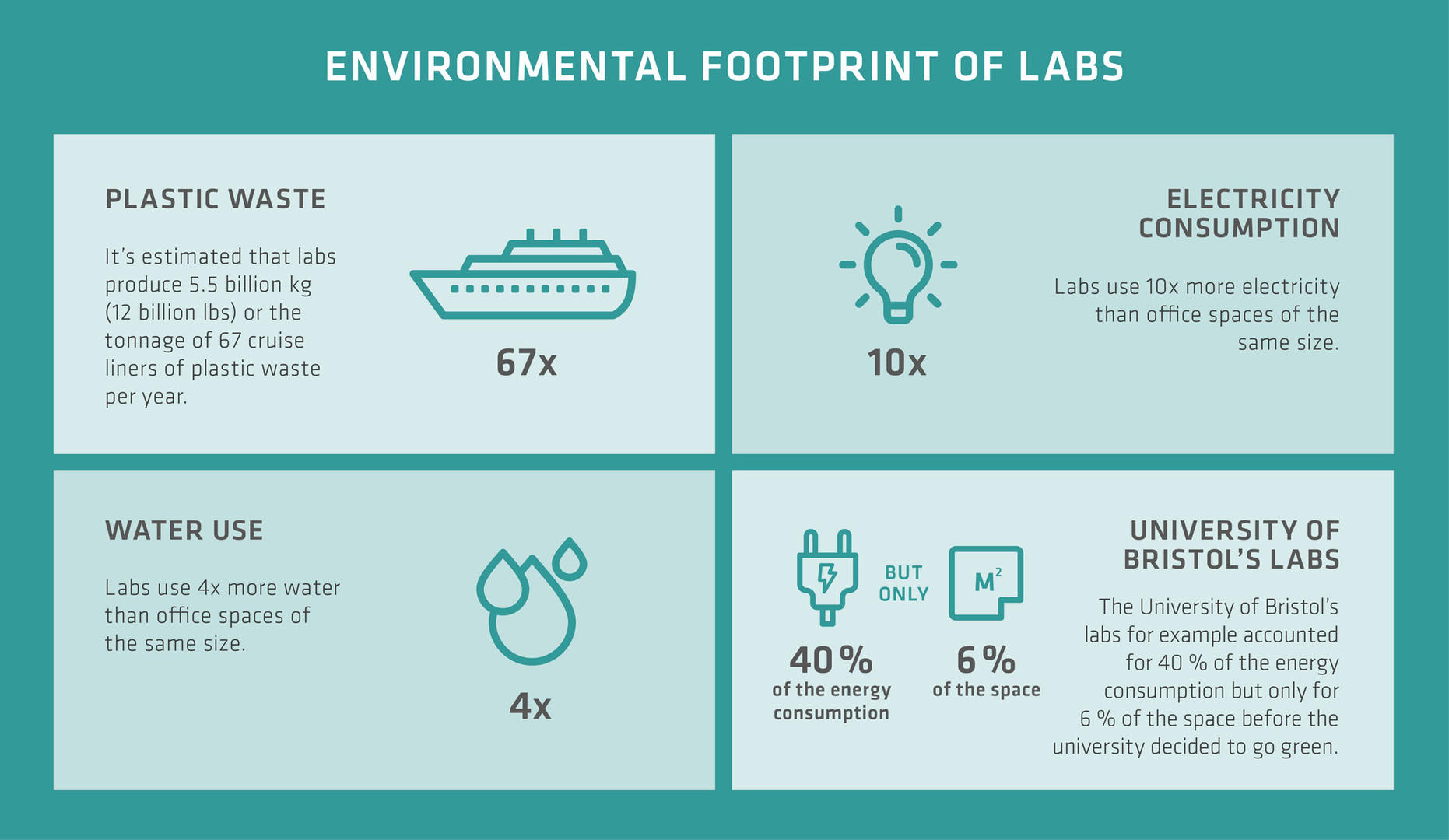Plastic pollution has emerged as one of the most pressing environmental issues of our time, affecting the oceans, soil, and even the air we breathe. Millions of tons of single-use plastic are discarded annually, where they contribute to landfill overflow, disrupt ecosystems, and introduce microplastics into the human body. Despite these daunting statistics, individual action can play a pivotal role in combating plastic waste. Here are ten actionable steps that anyone can take to reduce plastic usage in daily life.
1. Choose Reusable Shopping Bags

Plastic bags, while cheap and convenient, rank among the top environmental hazards. They clog drainage systems, endanger wildlife, and take hundreds of years to decompose. A simple yet effective alternative is to invest in reusable bags made from materials like cloth, jute, or canvas. These bags are not only more durable but often hold significantly more than their plastic counterparts. Storing a few bags in your vehicle or near your front door can ensure you’re always prepared to shop without contributing to plastic waste.
2. Eliminate Single-Use Water Bottles

Single-use plastic water bottles are another significant contributor to global plastic pollution. They accumulate in landfills and require substantial energy and natural resources for their production. Opting for a reusable water bottle—especially those made from stainless steel or glass—can mitigate this issue. Many modern versions even come with built-in filters, and using your bottle can save money in the long run while promoting better hydration habits.
3. Switch to Glass and Steel Food Storage

Relying on plastic containers and cling film for food storage is a common practice, but it can pose health risks as these plastics may leach harmful chemicals into food. Instead, stock up on glass jars, stainless steel containers, or silicone wraps. These options are not only healthier but also reusable and durable. Moreover, glass containers allow for easy visibility, which can help reduce food waste.
4. Buy in Bulk to Reduce Packaging
Grocery stores often package items in multiple layers of plastic—an unnecessary waste. By purchasing items like grains, lentils, and nuts in bulk, consumers can drastically cut down on packaging waste. Bringing jars or cloth bags when shopping helps facilitate this choice. Shopping at farmers’ markets is also a fantastic way to support local businesses while minimizing plastic use.
5. Ditch Disposable Cutlery
While disposable forks and spoons may seem convenient for gatherings or takeout meals, they contribute heavily to plastic waste. Consider replacing them with reusable cutlery sets made from materials like stainless steel or bamboo. There are also eco-friendly disposable options made from sugarcane pulp. These alternatives are not only practical but contribute to a more sustainable lifestyle.
6. Use Refillable Cleaning Products
Household cleaning products typically come in large plastic containers that end up in landfills. Fortunately, many brands now offer refillable options or eco-friendly alternatives. Consumers can also create their own cleaning supplies at home using simple ingredients like vinegar, baking soda, and lemon juice. This approach is safer for children and pets, cost-effective, and greatly reduces plastic waste.
7. Opt for Soap Bars Instead of Bottled Washes
Liquid soaps and shampoos, packed in single-use plastic bottles, can be swapped for traditional soap bars or shampoo bars, which often have less packaging and last longer. Many brands provide organic, chemical-free options that are gentler on both your skin and the environment.
8. Replace Plastic Straws With Eco-Friendly Options
Though they may seem innocuous, plastic straws rank among the top ten marine pollutants. Switching to alternatives like stainless steel, bamboo, or silicone straws can have a significant positive impact. Additionally, carrying a reusable straw with you prevents unnecessary waste. For those who can go straw-free, opting out entirely is even better.
9. Start Composting Instead of Using Plastic Trash Bags
Kitchen waste wrapped in plastic bags exacerbates landfill issues. Composting not only reduces reliance on plastic trash bags but also enables the conversion of food scraps into natural fertilizer for gardens. Starting with a small countertop bin or a balcony composting system can make a meaningful difference by enriching soil while minimizing waste.
10. Support Brands that Use Sustainable Packaging
Consumer choices directly influence corporate behavior. Being mindful of packaging materials when shopping can promote sustainability. Opt for products housed in glass jars, cardboard boxes, or biodegradable materials rather than plastic. By backing environmentally-friendly brands, consumers can push larger corporations to implement greener practices.
Understanding the Risks of Microplastics
Microplastics, which measure less than 5 millimeters, have infiltrated our food, water, and air, raising alarming health concerns. Once ingested, these particles can accumulate in organs and tissues, leading to inflammation and hormonal disruptions. A study published in the National Library of Medicine highlights that microplastics may carry harmful chemicals and pathogens, potentially interfering with the immune system and increasing the risk of chronic illnesses. Although research is ongoing, evidence suggests that prolonged exposure to these minuscule plastics may negatively affect respiratory health, fertility, gut function, and overall cellular health.
Addressing plastic waste is not solely an environmental challenge; it poses significant implications for human health and future generations. Each choice—be it refusing a plastic bag, avoiding straws, or composting waste—can contribute to a larger movement toward sustainability. While broader changes are crucial and require government and corporate involvement, personal responsibility remains vital.
By adopting habits like bringing your bag, saying no to single-use plastics, and striving for eco-conscious choices, individuals can effectuate meaningful change that will inspire future generations to embrace a plastic-free lifestyle. Remember, while transformation doesn’t occur overnight, every small effort counts towards a more sustainable future. Start today, and invite others to join the journey toward a cleaner environment.
